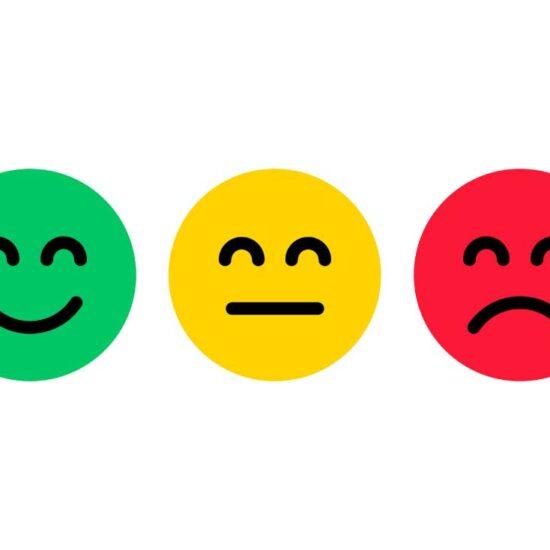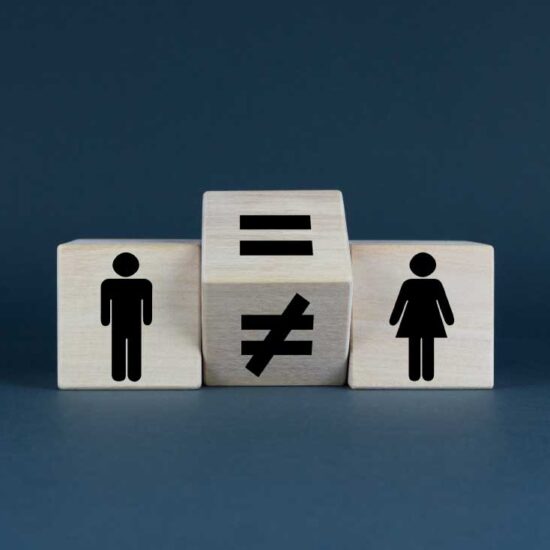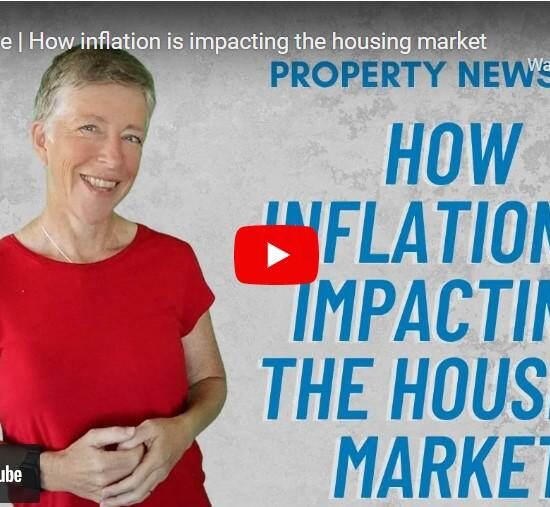
By Tina Howes, Mortgage & Finance Advisor – SmartMove
Aside from having a steady and reliable income source, the single biggest factor that impacts on your ability to enter the property market is the ability to save a deposit.
Saving money is not an easy task. It requires having vision and setting goals and foregoing short-term gain for long-term gain and making sacrifices.
I often get asked how you can reach that goal of owning a home sooner. There’s lots of tips out there on how to save – such as bringing lunch from home; having one less coffee; saying no to smashed avo on toast; not using credit or after pay to name but a few.
Those are all great suggestions but to me the single biggest thing anyone can do to help them save and get closer to their financial goals is to create a financial budget.
Even if you don’t stick to it – the process of creating one is paramount.
A budget is essentially having a list of all your income and expenses
There are many tools out there to create a budget, such as the ATO website, or some of the banks have budget tools or even an app that keeps track of your spending.
It doesn’t need to be fancy – you can create your own with a simple excel spreadsheet. Regardless of the tool you use, the fundamentals are the same:
- Work out all your sources of income. After tax. After HECS, and Medicare levy. How much cash you receive each pay.
- Expenses. Go through three months’ worth of bank statements (six months is even better) and add up how much you spent on each item.
- There will be other expenses that are less frequent such as car rego and some insurances. List all of these.
- I like to look at monthly income versus expenses. Depending on the period you are looking – if these are quarterly expenses you will need to divide into three. If annual, then divide into 12.
- Divide these into essentials and discretionary. Essentials are things like food, insurance, transport, health. Discretionary are items such as eating out, holidays, and hobbies.
- Once you have an extensive list of everything you currently spend money on, the fun starts. You will be able to see whether your income is sufficient to cover your current expenses. Is there enough room in there for you to: put aside money for a holiday, put aside money for unplanned expenditure such as the car breaking down or needing a new fridge?
- Once you have factored in all these likely expense items, is there a surplus that will enable you to put money aside towards buying a home? If so – how much is that surplus? Based on this surplus, how long will it take you to save up a deposit for a home?
- Next up is the critical assessment – if you are in a surplus, what can you cut back on? How can you increase your savings, and reduce the time it will take to save?
- If you are in a deficit – this means you are living beyond your means. You will either need to find ways to increase your income OR cut back on your expenses.
- Some easy ways to cut back are reducing eating out, subscriptions, holidays, clothes, hobbies, or rent. Can you live in a cheaper place, share accommodation, or move back home family? It’s not forever but with an end goal – the sacrifice is worth it.
Once you reach that goal and buy your first place, all your sacrifices and hard work will have paid off.
It’s not over for the budget, though, as it’s a great tool to keep for life and one to update every three or six months.
It will help you to manage your expenses and also help in achieving that next goal of paying off your home loan sooner or buying a new car.
You may find you can now bring back in some of those items that you removed in order to save up for your new home because it’s just as important to enjoy life and your new home.
Stay tuned for another blog on how to stick to a budget.

Disclaimer: This article contains information that is general in nature. It does not consider the objectives, financial situation or needs of any particular person. You need to consider your financial situation and needs before making any decisions based on this information. This article is not to be used in place of professional advice, whether in business, health or financial.






